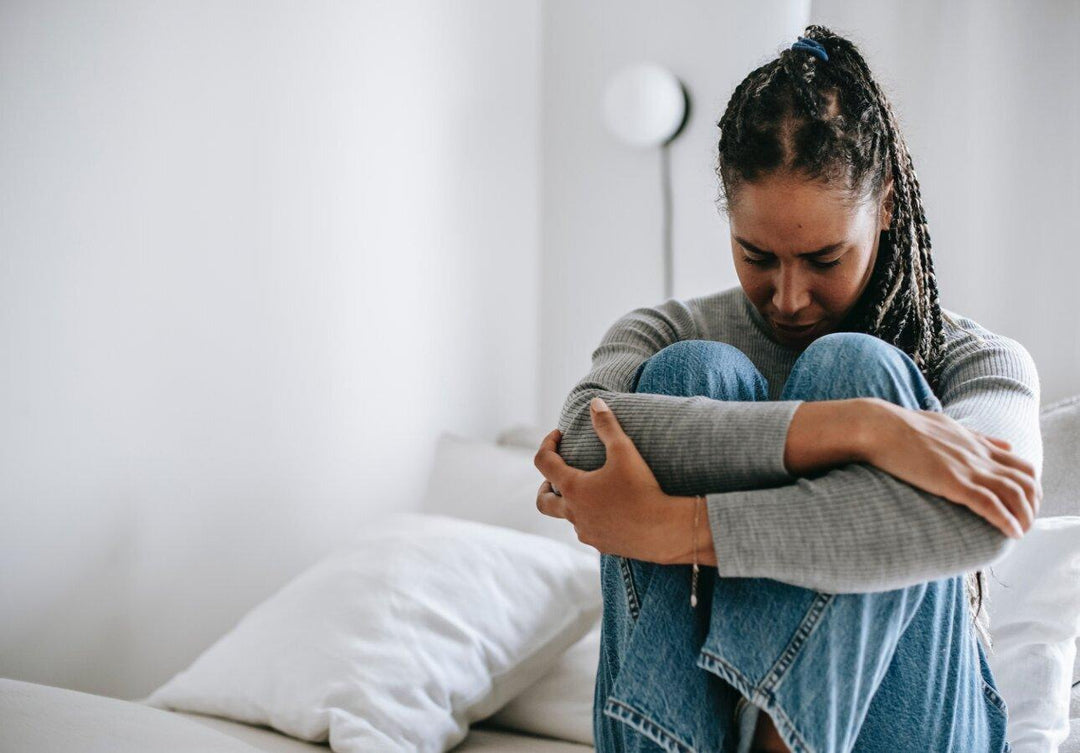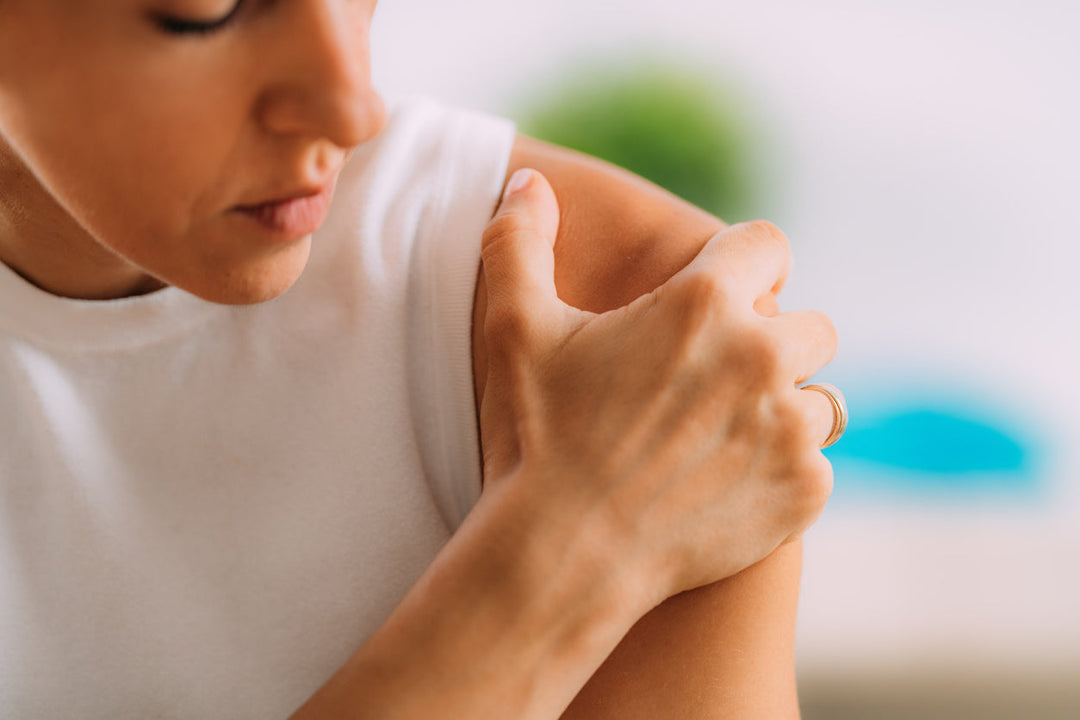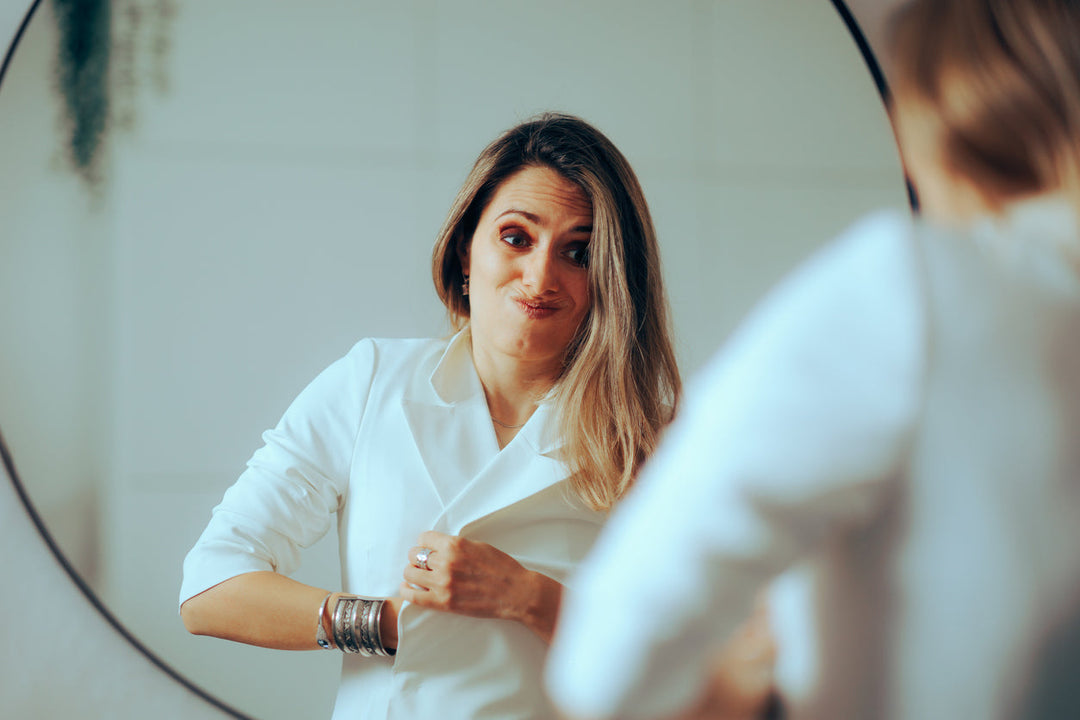Endometriosis and Menopause: What You Need to Know
They don’t call it a menstrual cycle for nothing. As long as you’re getting a period, your body initiates the same routine every month, and it goes like this: Your hormones create something called endometrial tissue, which creates a cozy home in your uterus for a potential fetus. Not pregnant? Then your uterus sheds the lining, you bleed for a few days, and the whole thing starts over.
In people with a condition called endometriosis, the uterine lining escapes from the uterus and fallopian tubes and grows elsewhere, from the ovaries to the bladder and intestines. Endometriosis can be very painful — and if it isn’t properly diagnosed and treated, it can cause complications.
What you may not know is that along with fertility problems, people with endometriosis sometimes experience early menopause. Here’s what you need to know so you can talk to your doctor with confidence.
What exactly is endometriosis?
Endometriosis is a condition in which “endometrial lining cells migrate out the opening of the fallopian tube and onto the ovary and other organs,” says Lizellen La Follette, M.D., a board-certified OB-GYN in Marin County, California.
Affecting around 5 percent of people with menstrual cycles, endometriosis can produce several painful symptoms, especially in the days before and during the period. Common endometriosis symptoms include:
- Excessive bleeding
- Severe cramps
- Lower back pain
- Pain peeing or pooping
- Pain during sex
- Diarrhea or constipation
- Fatigue
- Bloating
- Nausea
Good to know: The severity of symptoms isn’t always an indicator of severe endometriosis. People can experience debilitating symptoms with mild endo, and vice versa.
What causes endometriosis?
We know endometriosis is the result of rogue uterine tissue, but it’s not clear exactly what causes the tissue to escape the fallopian tubes.
According to the Office on Women’s Health, endometriosis may stem from genetics or problems with your menstrual period or immune system. Certain people may be more at risk for developing endometriosis: folks who’ve never had kids, started their period at a young age, have menstrual cycles shorter than 27 days, or have heavy menstrual cycles that last longer than a full week.
How is endometriosis treated?
If you think you might have endometriosis, definitely see a medical provider who can help you find ways to manage your symptoms and treat the actual condition.
Treatment varies from person to person. If you’re not trying to get pregnant, then hormonal birth control is usually the first treatment option — it can stop you from ovulating, which stops the problematic tissue from building up. If that isn’t working, then your doctor might suggest surgery to remove the tissue, your uterus, or the organs affected by the tissue.
Self-care during painful menstrual cycles can play a huge role in keeping you comfortable — think lots of rest, hot baths, and heating pads on your abdomen or back.
What’s the relationship between endometriosis and menopause?
Having endometriosis is known to affect fertility, but does having endometriosis put you at risk for early menopause? In February 2022, reseachers published data from a study of 106,000 women from 1989 to 2015 that found that endometriosis was associated with a 50 percent greater risk for early menopause. Another study, published in 2021, found people with endometriosis were more likely to go into menopause before age 45 than people without endometriosis.
It’s important to note that many such studies include mostly non-Hispanic white women — another reason why diverse reserach is essential to understanding the relationship between early menopause and endometriosis.
There may not be any way to prevent starting menopause early, but a doctor may be able to help you keep your estrogen levels low and menopause at bay. Regular exercise and limiting your alcohol and caffeine intake may keep your estrogen levels in check. If not, then hormonal birth control is an option.
Will I still suffer with endometriosis after menopause?
The only silver lining? When you hit menopause, your endometriosis will probably stop, too.
“That’s because there’s no menstrual cycle,” says La Follette. “You’re not shedding the endometrial lining, so it can’t go out the fallopian tubes.”
Your symptoms are real, you deserve care
No matter where you are on the menopause journey, if you have endometriosis or think you might have it, sit down to chat with your healthcare provider about your treatment options and potential risks. And while you’re at it, ask about menopause. Learning what to expect — and how to stave off bothersome symptoms — can help you navigate the big changes ahead.
By Ashley Abramson
Ashley Abramson is a freelance writer primarily covering health, psychology, and relationships. In addition to Fatherly, she's been published in The New York Times, Washington Post, and The Guardian. She lives in the Milwaukee area with her husband and two young sons.
Looking to connect with a community of women who know what you're going through? Check out The Hot Spot!











